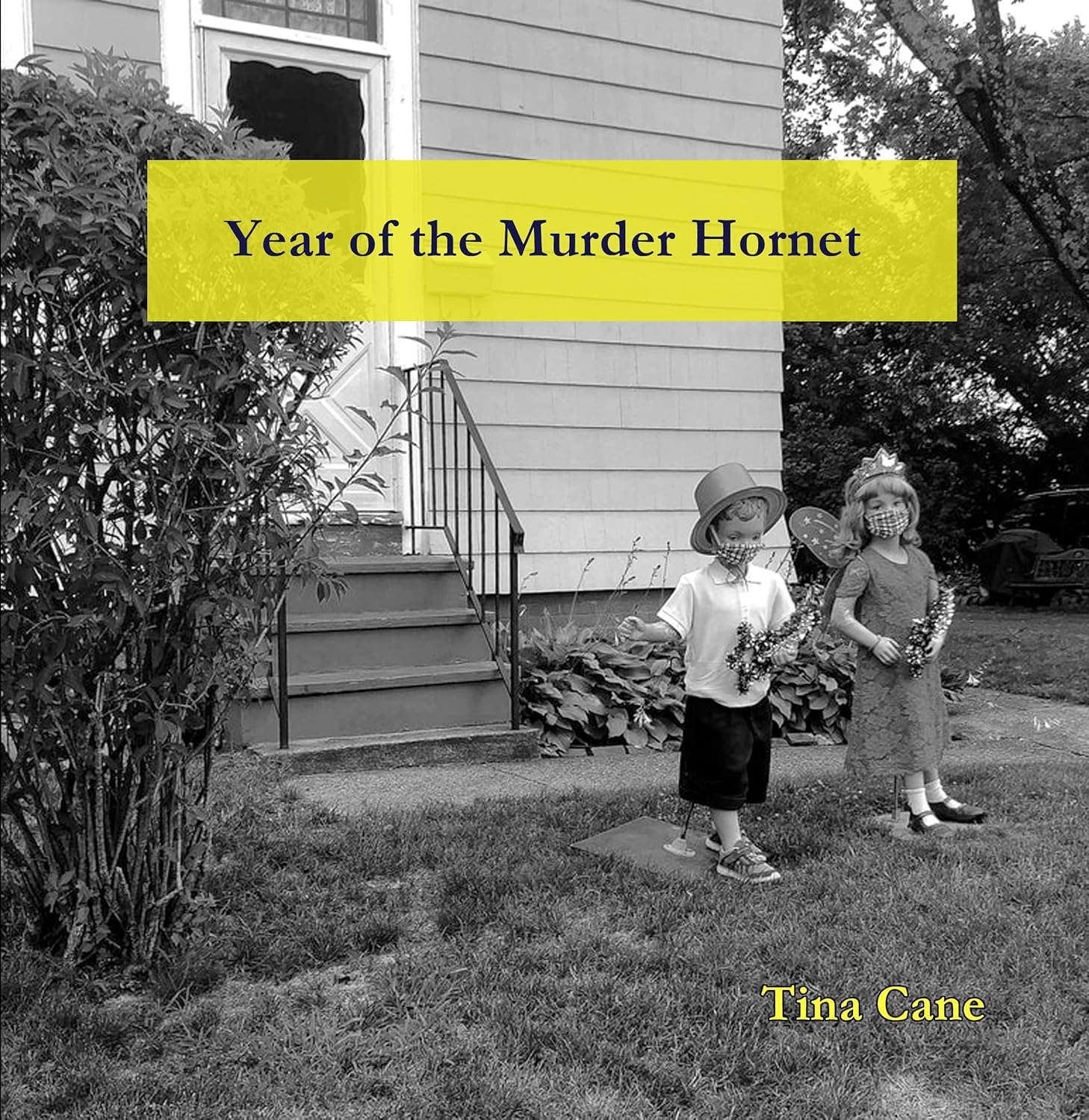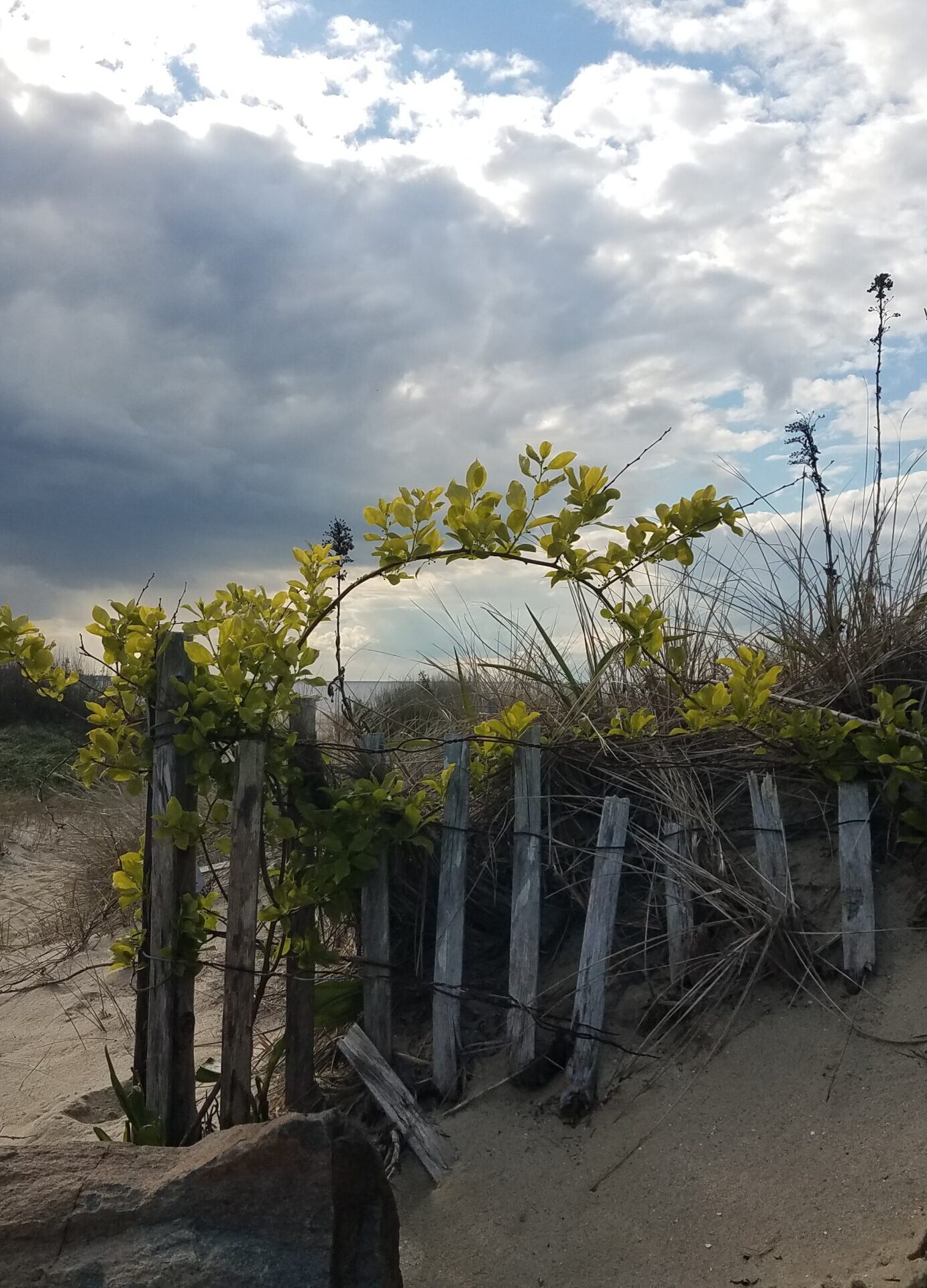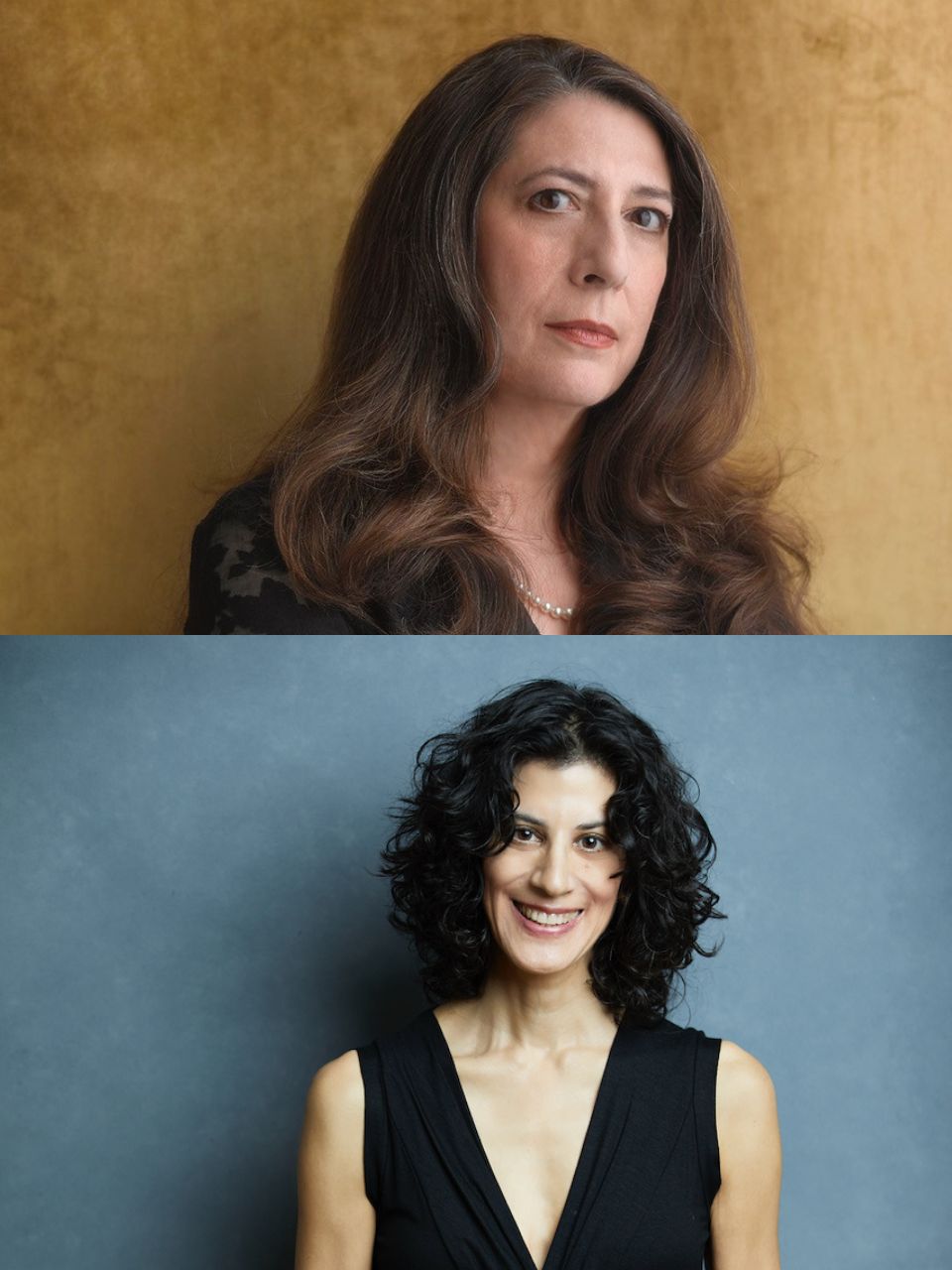By ANNA MALIHON
Translated by OLENA JENNINGS
YLANG-YLANG
in the thick halo of insects, the lamp resembles
a mature dandelion
the girl as pale as bandages incessantly conjures spells
I can’t make out the words
I am still there where there is roaring and how…
…ling
unbridled nature has undone me thoroughly
I lay like a stunned fish in the lord’s hand
and a thought about water fills a warm sea
bordering the land’s illuminated wounds
that the worms, animals and feathered messengers
visited while searching for sustenance
and instead of my arm a bamboo shoot hangs out
gathering strength
and in my hand someone has placed
the globe of this complicated world
exhaling: live
I don’t have enough strength to close my eyes in shame
or scream get away from me, I’m alone
alone I’m alone, give me back my hand
how now to overcome the grand piano’s mouth of silence
and toss a baby up to the sun
the bamboo will only be good for a flute
but I lack enough breath even for that
a tall girl with a gaze like the Mother of God
murmurs seeds of words upon the tiles
the mocking moon peeks through a hole burnt
in the tulle: time to go
and now in the cottony silence, a yellow
melody of resurrection pushes its way through
like a ylang-ylang flower
and a damaged airplane like a lost petal
returns to the sky
and the little boy with my hands embroiders the collected sounds
I exhale so loudly that the dandelion’s
circle of insects dissipates
dawn…
[IT FELT LIKE BLOOD]
It felt like blood
on the floor of the subway car,
like sticky patterns of footprints—my new identity…
It felt like someone had turned me into
a bucket of strawberries,
and forgotten about it…
And the platform like a safe haven
and the—red beginnings of love—
between heart and throat.
I woke up as if no one was shooting,
only boys wander in
one stands nearby with a pistol,
and—bang-bang!—into the void…
But suddenly not just a crater—
But a black pit in the chest.
And tiny red droplets.
I am eating one strawberry—for the sick brother,
another, smaller one—for the son,
I am eating the slightly crushed one for him
who crushed my heart over the years.
And the last one—the biggest, the shiniest—
for my father who was never a father to me.
Put down your toy death.
Go, return the sun’s face
to the longest night for me.
Here are peonies and June,
and soldiers tightly standing.
And never,
never will anyone leave you again…
[THE POEMS BETWEEN US GREW SHORTER]
The poems between us grew shorter
until everything unwound into a single letter
with a period
which you turned on its head
because you liked exclamatory endings…
Finally, everything went quiet.
I became still as a white shell in the Paleozoic era.
I wish I hadn’t written words, biting my lip.
I wish I hadn’t written on the water with my fingertips.
I wish I hadn’t turned circles into a delicate zero…
You destroyed my Universe, flipped, abandoned
Forgot the address
Forgot the lanterns with flames in the window
Only letters
gnaw at memory
like mice gnaw at last year’s feed sack.
Short poems come with freedom for the blind.
Long poems come with a cage for those with sight.
[Purchase Issue 30 here.]
Anna Malihon is an award-winning Ukrainian poet and the author of six books of poetry and a novel. Her work has been published in numerous Ukrainian literary journals and translated into Bulgarian, Polish, Czech, Georgian, Armenian, and French. In 2022, Russia’s full-scale invasion forced her to leave Ukraine. She lives in Paris, France.
Olena Jennings is the author of the poetry collection The Age of Secrets, the chapbook Memory Project, and the novel Temporary Shelter. She is a translator of collections by Ukrainian poets Kateryna Kalytko (co-translated with Oksana Lutsyshyna), Iryna Shuvalova, Vasyl Makhno, Yuliya Musakovska, and Anna Malihon. She lives in Queens, New York.












